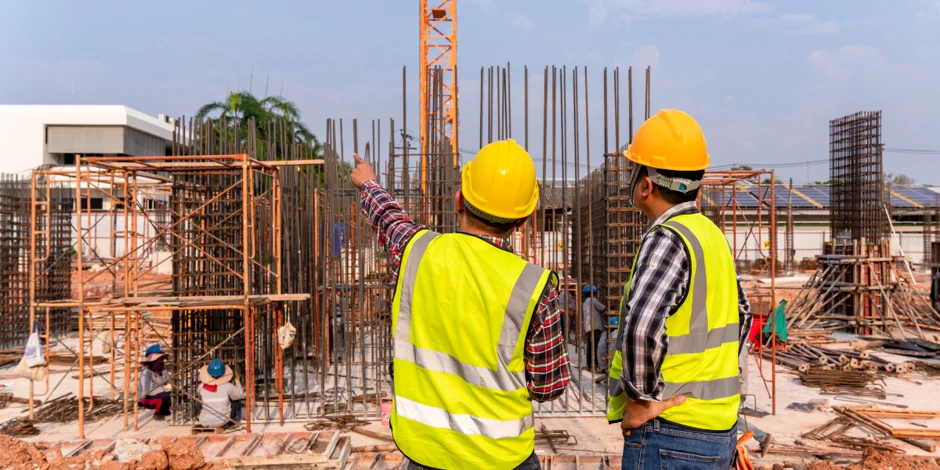Civil Engineers
Engineering

Jobs Description
Job Overview: Civil Engineer
A Civil Engineer is responsible for designing, planning, and overseeing the construction and maintenance of infrastructure projects such as roads, bridges, buildings, and water supply systems. They ensure that projects are completed on time, within budget, and meet all safety and regulatory requirements. Civil Engineers play a crucial role in shaping the built environment and ensuring the functionality, safety, and sustainability of infrastructure.
Key Responsibilities:
-
Project Design and Planning: Develop detailed designs and plans for infrastructure projects using computer-aided design (CAD) software. Ensure that designs meet technical specifications, safety standards, and environmental regulations.
-
Site Assessment and Analysis: Conduct site inspections and surveys to assess conditions, gather data, and determine the feasibility of projects. Analyze soil, rock, and other materials to ensure they are suitable for construction.
-
Cost Estimation and Budgeting: Prepare detailed cost estimates for materials, labor, equipment, and other project expenses. Develop budgets and work within financial constraints to ensure cost-effective project delivery.
-
Project Management: Oversee the construction process from start to finish. Coordinate with contractors, subcontractors, and other stakeholders to ensure that projects are completed on schedule and within budget.
-
Quality Control: Monitor construction activities to ensure that work is carried out according to plans, specifications, and quality standards. Conduct regular inspections and tests to verify that materials and workmanship meet the required standards.
-
Regulatory Compliance: Ensure that all projects comply with local, state, and federal regulations, including building codes, safety standards, and environmental laws. Obtain necessary permits and approvals from relevant authorities.
-
Problem Solving: Address any issues or challenges that arise during the construction process. Implement solutions to overcome obstacles and keep projects on track.
-
Safety Management: Promote and enforce safety protocols on construction sites. Identify potential hazards and take preventive measures to protect workers and the public.
-
Environmental Considerations: Incorporate sustainable design practices and environmental considerations into projects. Ensure that projects minimize their impact on the environment and adhere to sustainability goals.
-
Documentation and Reporting: Maintain accurate records of project progress, including design documents, contracts, schedules, and financial reports. Prepare regular reports for stakeholders, including clients, contractors, and regulatory agencies.
-
Stakeholder Communication: Communicate effectively with clients, contractors, architects, and other stakeholders to ensure that project goals and expectations are understood and met. Provide regular updates on project status and address any concerns.
-
Innovation and Continuous Improvement: Stay informed about new technologies, materials, and methods in civil engineering. Apply innovative solutions to improve project efficiency, reduce costs, and enhance sustainability.
Skills & Qualifications:
- Bachelor’s degree in Civil Engineering or a related field
- Professional Engineering (PE) license (preferred or required depending on location)
- Proven experience in civil engineering, particularly in infrastructure projects
- Strong technical and mathematical skills
- Proficiency in CAD software and other engineering tools
- Excellent problem-solving and analytical abilities
- Strong project management skills, including budgeting and scheduling
- Knowledge of construction materials, methods, and industry standards
- Familiarity with environmental regulations and sustainability practices
- Strong communication and interpersonal skills
- Ability to work collaboratively with a diverse team of professionals
- Attention to detail and a commitment to quality and safety
Career Path: Civil Engineers can advance to roles such as Senior Civil Engineer, Project Manager, or Engineering Manager. With experience and additional certifications, they may move into specialized areas such as structural engineering, geotechnical engineering, or environmental engineering. Career advancement can be supported by gaining a Professional Engineering (PE) license, pursuing a master’s degree, and staying updated on industry trends and innovations.
Subscribe to Our Newsletter!

